brazil lack of health education
The growth outlook for 2013 is expected to remain higher than 2012 due to implementation of new economic policies lower levels of inventory and a foresight of better world economic situations. The south-east around Rio de Janeiro is relatively prosperous while much of the north of the country is far poorer in terms of education economic output and access to care.
In just over three weeks about 14 billion students were out of school.
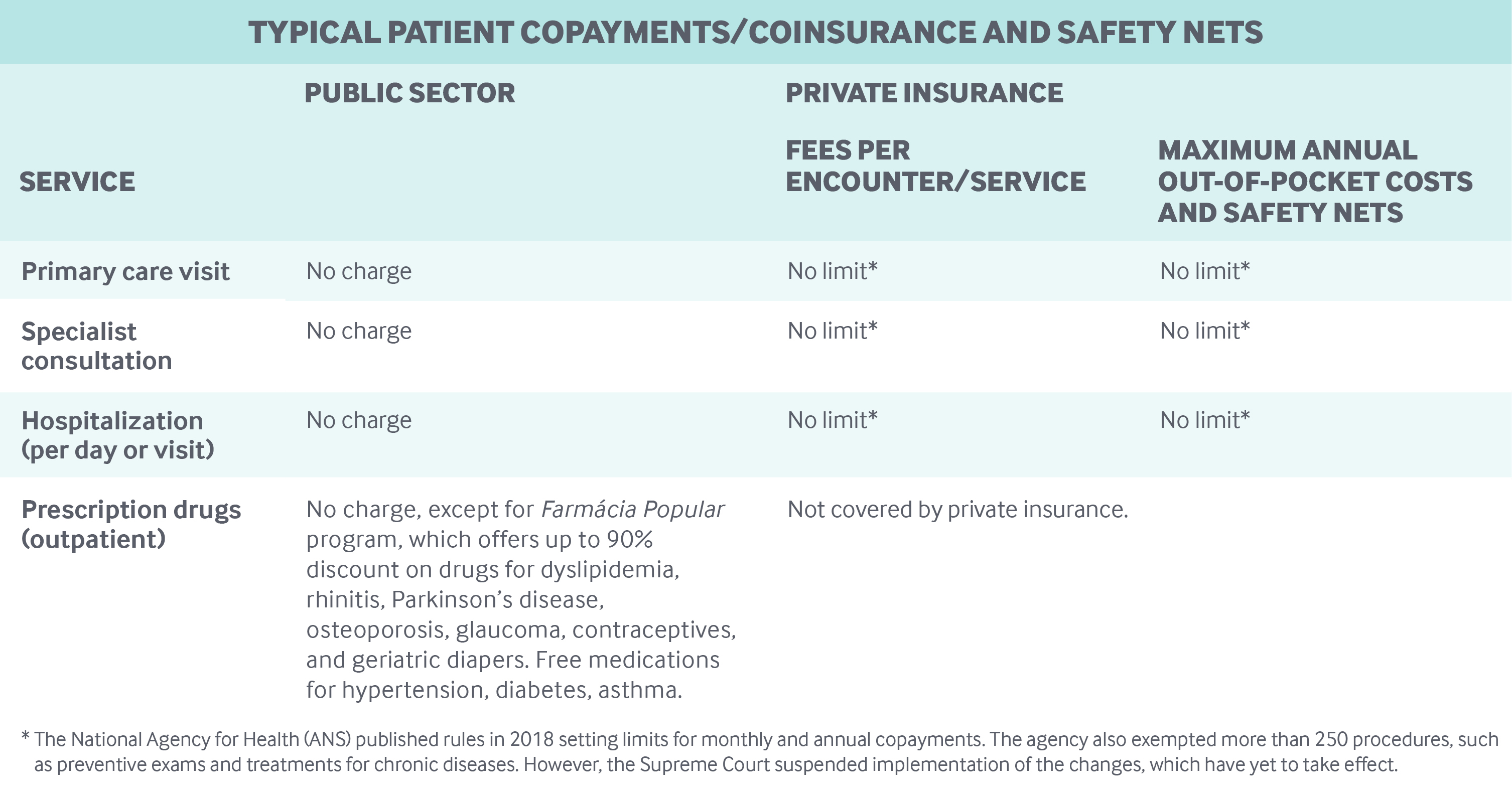
. Reception of the monthly child benefit is conditional on children enrolling in school health visit requirements and pregnant women undergoing medical check-ups. A total of 23 health professionals working in primary healthcare units in Belo Horizonte Minas Gerais State Brazil participated in a focus group in order to discuss their. Brazils failed educational system creates illiterate students.
Chan School of Public Health. Access to public higher education institutions needs to be expanded to a larger proportion of young people aged 18-24 particularly those coming from the lower social stratum. The constitution of Brazil defines health as a universal right and a state responsibility.
Brazil has proportionately fewer doctors than many richer countries and most doctors are found in big cities often in private practice and too few. The situation of healthcare in Brazil does raise a lot of concerns. Lack of federal leadership hinders Brazils COVID-19 response.
Largest well developed agriculture mining and manufacturing. 10 These disparities will likely. 9 Consequently disparities in access to effective care financial protection and health outcomes persist.
This study investigates the long-term benefits of cash transfers through. The focus has been on the challenges imposed on the health systems however education systems are also directly affected. UNESCO provides technical support to the Ministries of Education and Health to implement the Health in Brazil in themes related to preventive education on STDs HIV infection Aids teenage pregnancies and the promotion of health in schools.
In Brazil more than 180000 schools are currently closed and 47 million students are trying to adapt to a new routine of distance education because of the COVID-19 pandemic. An example of this occurred in 2014 when Brazil experienced a deep recession. Implemented in 2003 the Bolsa Familia Family Stipend Program PBF is a conditional cash transfer program targeting poor households in Brazil.
Lack of doctors is one of the main reasons of the poor public health in urban area. Attended by 70 per cent of Brazilian children public schools are also affected by and answer to a variety of public policies which has resulted in a lack of coherence in the curriculum from. He is the executive secretary of UNASUS the Brazilian Open University of the Sistema Único de Saúde Unified Health System and a board member of both the Global Health Workforce Alliance and the Ministerial Leadership Initiative from the Harvard School of Public Health.
April 2 2020. However unequal access to computers and digital tools has made it hard for teachers to enroll and teach low-income students who are already the most likely to drop out of school. June 25 2020 Marcia Castro is Andelot Professor of Demography and chair of the Department of Global Health and Population at Harvard TH.
Lack of nutrition inadequate housing low education and limited access to quality care can negatively affect childrens health over their lifetime. The aim of the current study was to analyze the perceptions knowledge and practices of primary healthcare professionals in providing patient education to people with type 2 diabetes mellitus. WHAT CAN BRAZIL LEARN FROM THE REST OF THE WORLD.
By addressing issues linked to health income education and social conditions this programme directly contributes to improving life satisfaction for the poorest in Brazil. Google-site-verification1M7UmgWfI-2eozAmLlsYHbjGpYoYWNJKL392eoiXUk4 Black Brazil Today Analyzing Brazil from the Perspective of Race. In COVID-19 cases and may soon surpass it.
This mirrors the structural lack of education in Brazils society all together. However Brazilian health reforms were incomplete and did not fully address structural weaknesses in the health systemnamely challenges at the state government level inadequate financing and inequitable resource allocation. Such as lack of school meals negative effects on learning structural.
As an emerging economy health spending in Brazil still lags behind more developed countries but regionally speaking it is one of the highest in relation to its gross domestic product. Brazil is now second only to the US. Brazils GDP is expected to reach 34 in 2013.
This resulted in the government taking austerity policies after failing to improve the economy through other means. Health Education and Well-being in Brazil. In Brazil the lack of gender equality is imbalanced in higher education which increases in favour of women.
SUS was officially created in 1988 by the new Brazilian constitution. For example mortality among indigenous infants in 2000 was more than triple that of the general population highlighting the importance of tailored health policies to address disparities in health outcomes for Brazils Indigenous Peoples. As the fifth largest country by area and population there are huge challenges in providing quality healthcare to all Brazils 209 million citizens.
Over a fifteen-year period Brazil transformed its education system according to a 2010 OECD report praising the countrys rapid expansion of public education. From 2005 to 2011 he was the Secretary of Education and Health Labour Management at the Ministry of. Sanitation education and per capita income are the most important explanatory factors of poor child health in Brazil.
Due to the current education system in Brazil the majority of the general population is not well educated nor do they want to become well educated because. The health care provision has many problems such as lack of doctors nurses and inadequate funding. Although conservative and elitist universities are not the main source of the problem because the health-education system reflects the health-care model that still prevails in contemporary Brazil ruled by market-oriented forces and based on medical technology rather than on solidarity and humane social relations.
Its objective is to integrate the education and health. For one it is still sensitive to political and economic pressures. 1 The Brazilian health system known as SUS Sistema Único de Saúde was conceived during the 1980s as part of the social movement aimed at Brazils re-democratization.

Health Care As A Human Right Reflections On Brazil S 1988 Constitution During A Pandemic
Brazil The Social Question Daedalus By Simon Schswartzman

Adaptation And Future Challenges For Public Universities In Brazil In The Face Of The Covid 19 Pandemic Guni Network

In Brazil Families With Children And Adolescents Are The Hidden Victims Of The Pandemic Reveals A Unicef Research
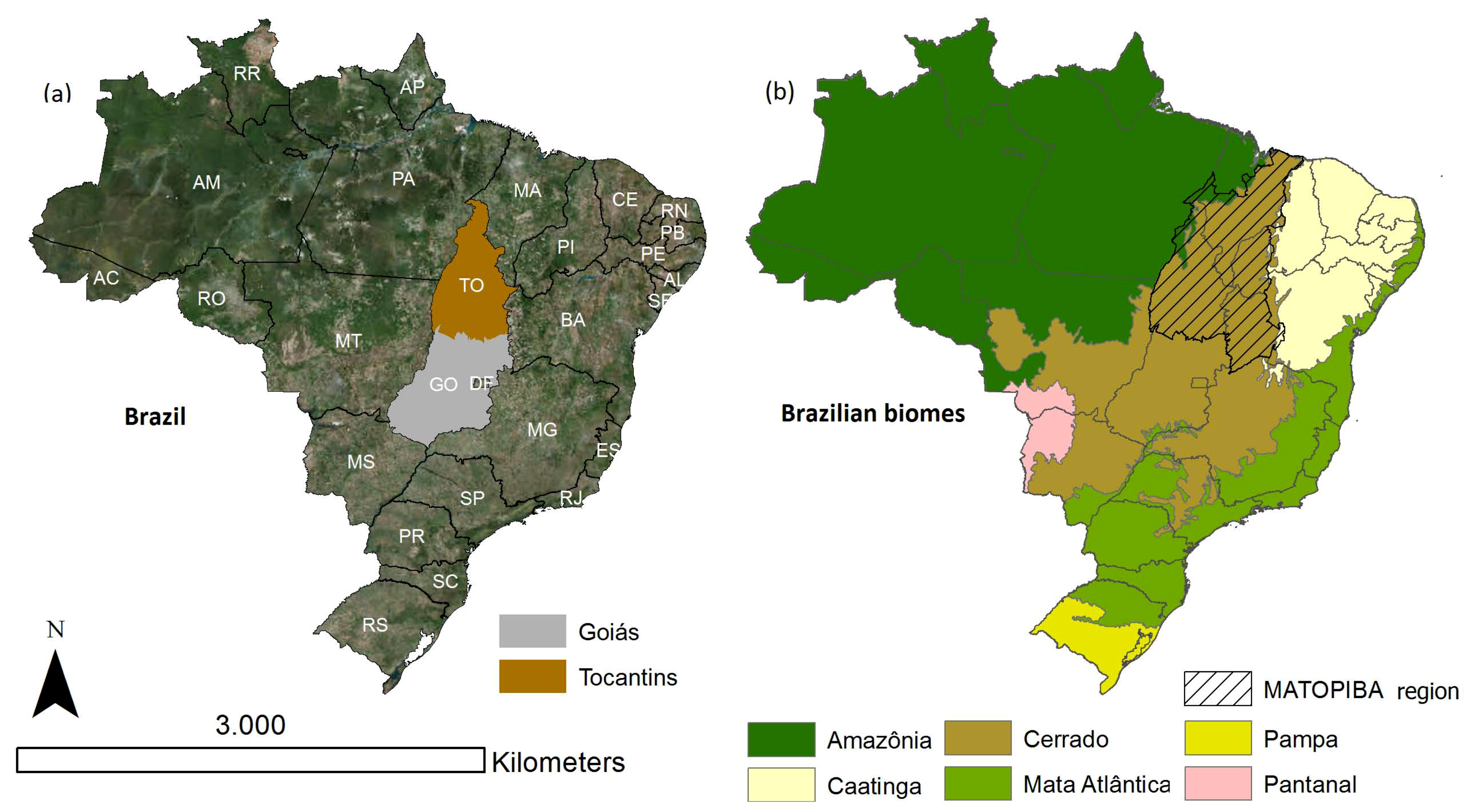
Land Free Full Text The Sino Brazilian Telecoupled Soybean System And Cascading Effects For The Exporting Country Html
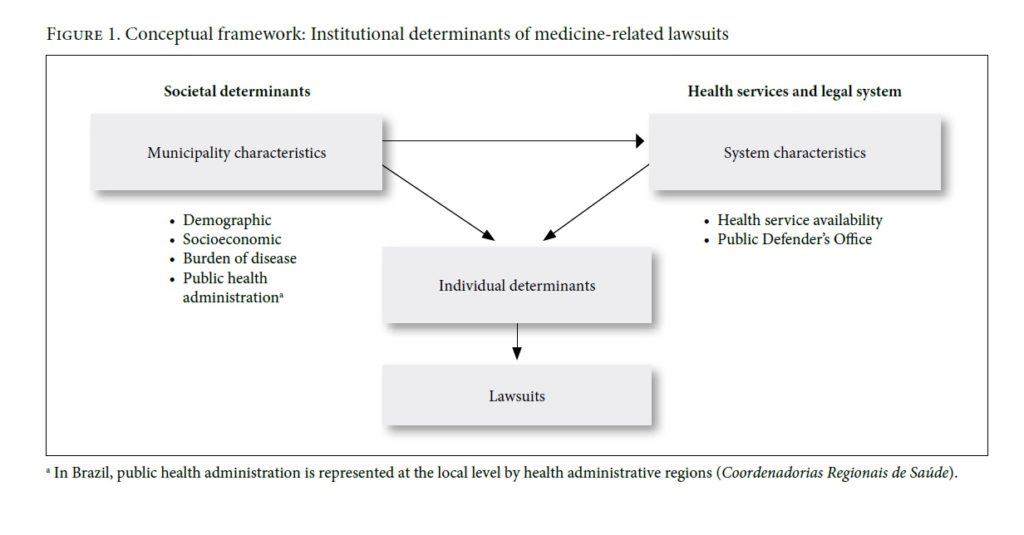
Right To Medicines Litigation And Universal Health Coverage Institutional Determinants Of The Judicialization Of Health In Brazil Health And Human Rights Journal

Health Care As A Human Right Reflections On Brazil S 1988 Constitution During A Pandemic
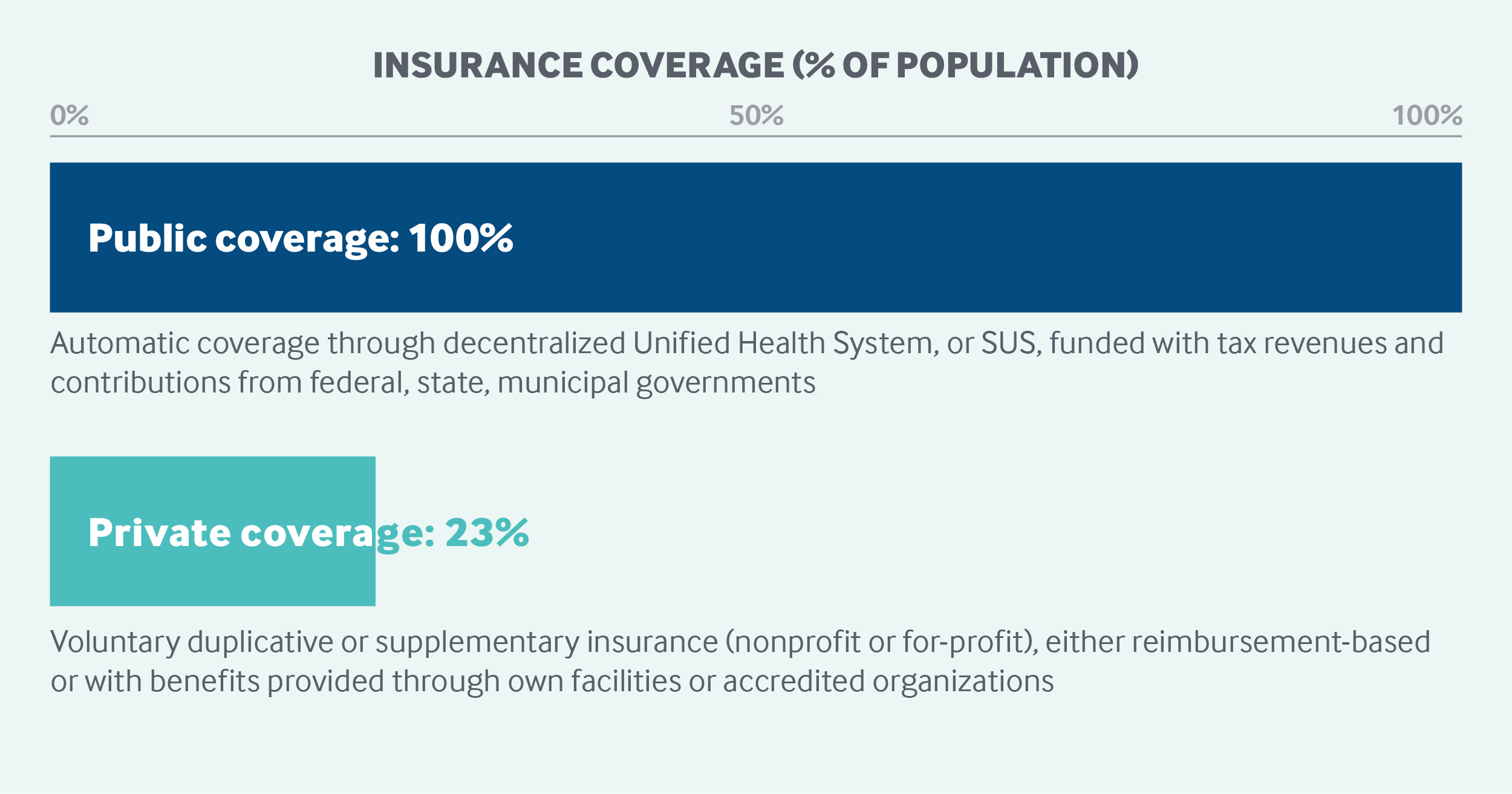
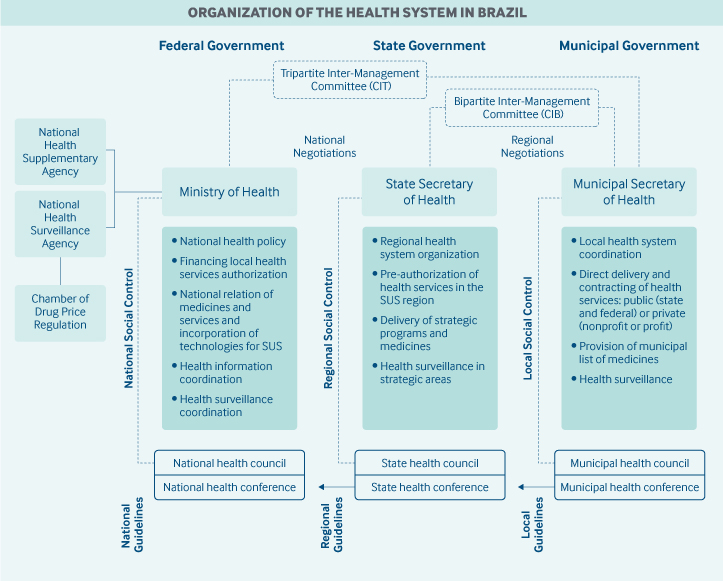
0 Response to "brazil lack of health education"
Post a Comment